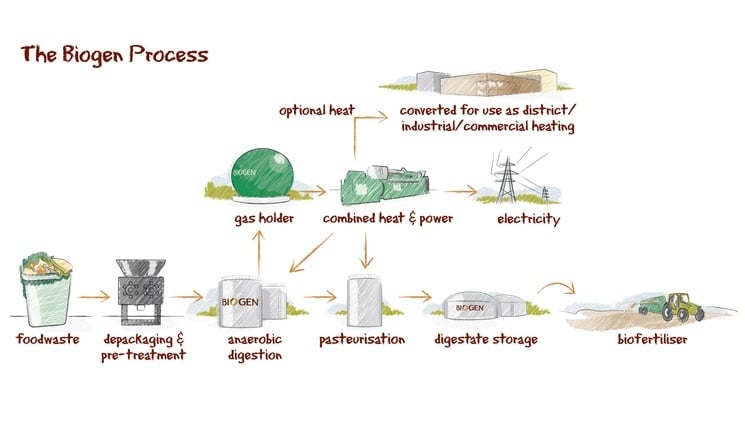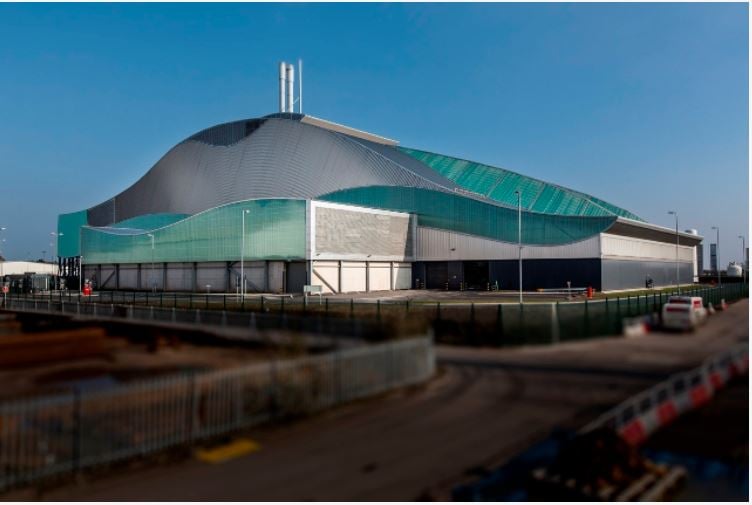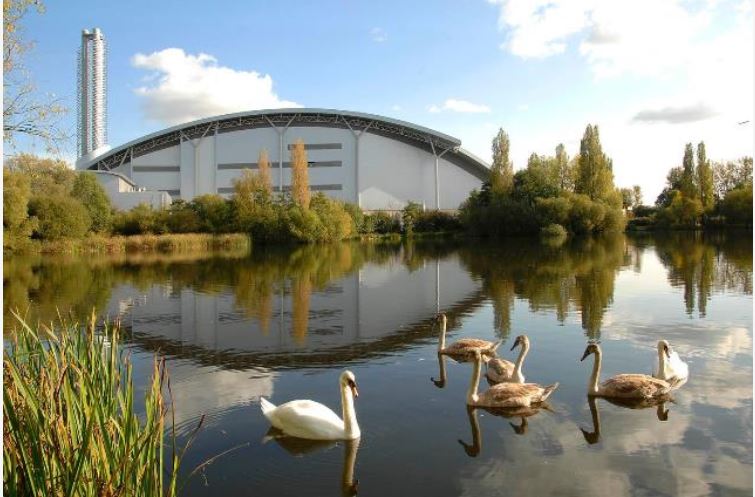
What recycling systems can I put in place to improve efficiency and reduce costs? First, you need to understand the cost of waste.
As you can see below, the cost of waste is defined, in part, on its final resting place. So, understanding where your waste goes will help you understand the price you pay for its collection. Recycling is by far the most cost effective but many businesses fail to see the benefits due to poor waste separation or waste segregation.
Here’s a quick stat for you: Your waste collection company will typically charge you 40-50% more for general waste compared to mixed recycled.
.jpg)
So, what do all these waste management options mean?
Recycling – each of the following items have different recycling values. If you want to significantly reduce your waste collection costs, abide by all these recycling items with an effective waste segregation solution.
- Paper
- Card
- Mixed paper and card
- Plastic bottles
- Mixed plastic packaging
- Glass containers
- Metals containers
- Food and liquid cartons such as those made by Tetra Pak
- Food waste
- Garden waste.
Failure to correctly separate your waste may result in it being classed as general waste (destined for landfill).
Composting on a commercial scale (i.e. for food waste from your business) may not be the first thing that springs to mind, but many schools, universities, restaurants and large manufacturing companies are starting to pick up this trend. Composting is the most eco-friendly method of recycling, converting your food waste into nutrient-rich compost with no disposal costs, no power costs and no landfill is possible. Companies such as https://www.ridan.co.uk/ or https://services.viridor.co.uk/recycling/foods-and-organics/ provide this solution to businesses within the UK.
NO disposal costs…….NO power costs……NO landfill
| Anaerobic digestion mimics the inner working of a cow’s stomach.
A series of biological processes in which micro-organisms break down biodegradable material in the absence of oxygen. One of the end products is biogas, which is combusted to generate electricity and heat, or can be processed into renewable natural gas and transportation fuels. It is already widely used to treat wastewater in the UK. |
 |
Energy from waste is the process of generating energy in the form of electricity and/or heat from the primary treatment of waste. As a form of energy recovery, it is an important contribution to reducing the UK’s long-term energy gap whilst helping to increase landfill diversion.
Energy from waste (or waste recovery) is a very effective and safe method of treating waste streams that cannot be recycled. Veolia is just one Energy Recovery provider in the UK and this video shows their Hampshire’s Energy from Waste process from start to finish.
See other examples of Energy Recovery Facilities (ERF) below.
| Viridor – Cardiff ERF near Cardiff Bay | Viridor LAKESIDE EFW near Heathrow T5 |
 |
 |
Disposal to landfill is the last resort and as such is the most expensive form of waste, in some cases as much as £140 per tonne (gate fees).
So, armed with a better understanding of the cost of waste, you can effectively reduce your recycling costs. There are many recycling solutions available, you just need to identify which is right for you business. Download our help ‘5 Ways To
| So, armed with a better understanding of the cost of waste, you can effectively reduce your recycling costs. There are many recycling solutions available, you just need to identify which is right for your business. We’ve put together a handy guide which shows you just 5 ways to improve your recycling at work. Click here to download our eBook |  |
